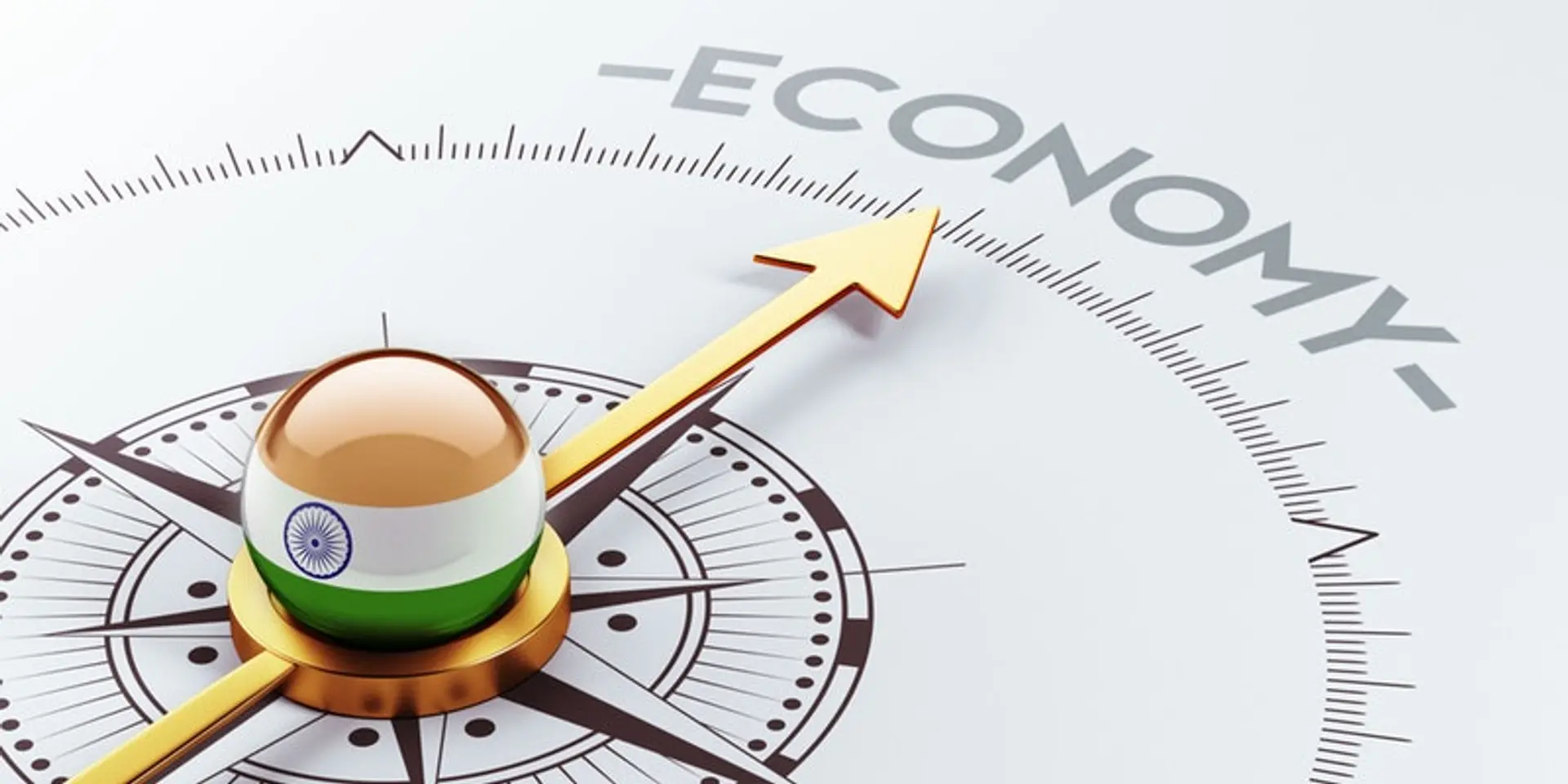Digital economy poised for strong 2023: Rajeev Chandrasekhar
Minister of State for Electronics and IT, Rajeev Chandrasekhar, told PTI that global and domestic opportunities for digitisation continue to be "very strong".
India's digital prowess will grow in 2023 and over the next five years, driven by technology, startups, semiconductors, electronics and computing, IT Minister Rajeev Chandrasekhar has said, allaying any concerns over tech winter, and predicting spring for the country's booming innovation ecosystem.
The comments by the IT minister are significant given the backdrop of slowdown headwinds in the West, recent spate of layoffs by US tech giants, global market turmoil, and talks of tech winter.
Chandrasekhar, who is the Minister of State for Electronics and IT, told PTI that global and domestic opportunities for digitisation continue to be "very strong".
He exuded confidence that India's trillion dollar digital economy vision is "well within our grasp" and "an absolutely incontrovertible fact".
The momentum of digital economy will continue in 2023, backed by enabling rules and laws that offer catalysing framework for technological growth and innovation, he promised.
It is pertinent to mention here that while India has tightened IT rules for safety of digital and social media users, and work has started on new law for data protection, the norms for online gaming and contours of the draft Digital India Act are expected to be out soon.
"We see no winter...if anything, it is summer and spring for the next five years," Chandrasekhar asserted, citing the tech potential.
Demand for Indian talent, as well as products and technology that are designed in India and Made in India, continues to be robust, he pointed out.
"India as a market for consuming digital products and digital services is one of the biggest markets for the next 5-10 years. So all these (factors) point to India continuing its digital economy expansion to reach one trillion dollars in the next 4-5 years," Chandrasekhar said.
According to the minister, innovation and the startup momentum will continue despite certain corrections now and then.
At the same time, companies cannot merely sit and relax, but will have to upskill and brace new business models to be relevant amid market disruptions, the minister noted.
Companies that do not innovate with agility or adjust to changes will face challenges "created not by the market, but related to their own preparedness for this digital opportunity," he cautioned.
"...that trillion dollar digital economy is well within our grasp, and that we have a very reasonably high opportunity to reach the trillion dollar digital economy, firing on all cylinders, is an absolutely incontrovertible fact," Chandrasekhar said.
Since 2014 when India's digital might meant only IT and IT enabled services, the country had taken rapid strides, diversifying and expanding into new areas.
Now while IT and ITES sector continues to grow at 15-20% per annum, there is also world-class startup and innovation ecosystem. While India has made a mark in electronics manufacturing, emerging as a production powerhouse, the year 2023 will also see rapid strides in deeptech innovation, semiconductor design, electronics design, blockchain, supercomputing, open compute initiative, automotive, 5G and other emerging areas.
"In the coming five years, all these will continue to chug along at high rates of growth," Chandrasekhar said, adding these new and emerging areas will attract investments, create digitalisation products, and services opportunity for the country.
"In those five years, will there be some corrections? Yes, this is the nature of tech...because tech is so disruptive and changes are so rapid, a company that was doing, say, something in the classic `Web2' area, will find itself totally irrelevant in the `Web3' space 1-2 years from now," he said underlining the need for companies to keep pace with technological changes.
Edited by Megha Reddy








